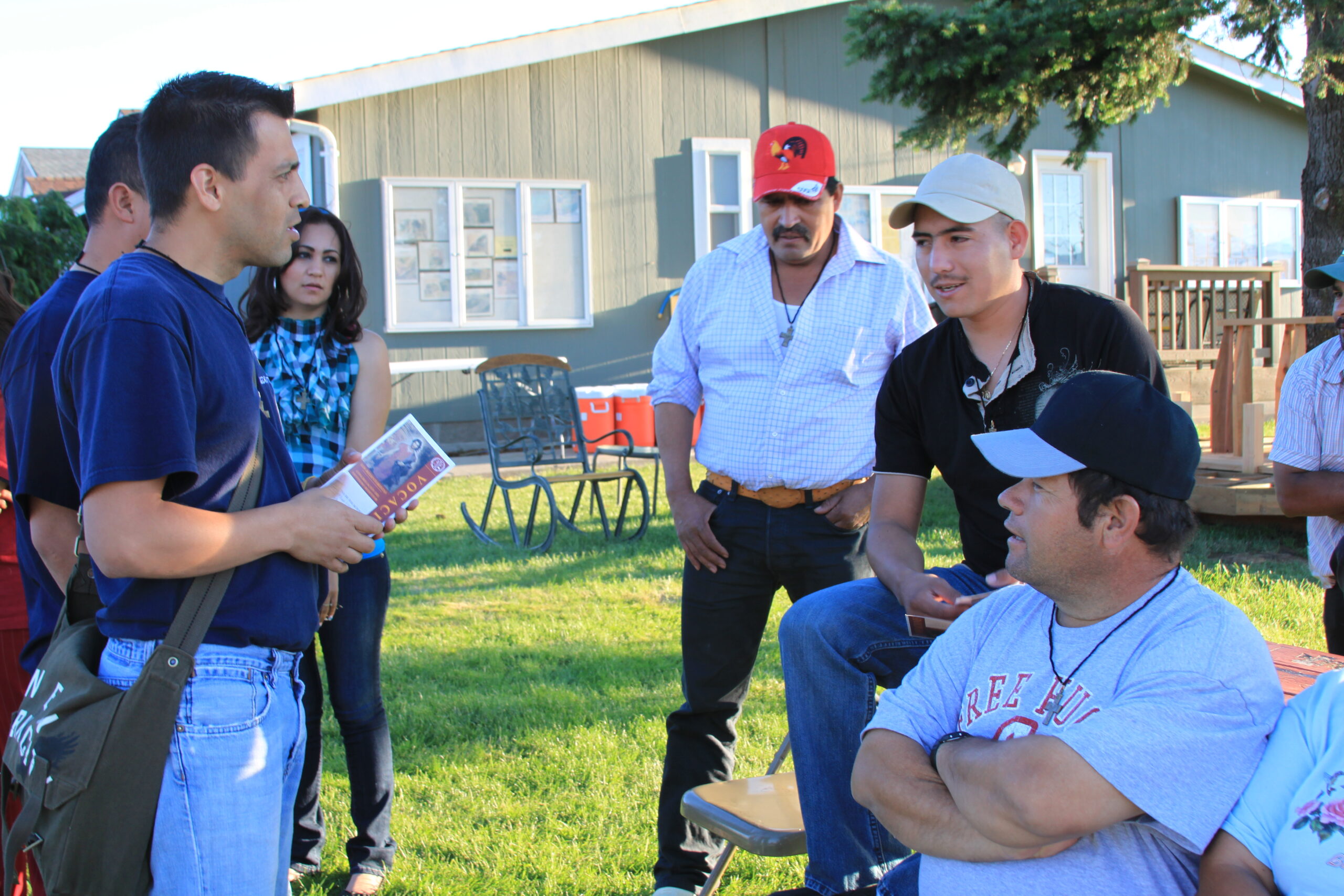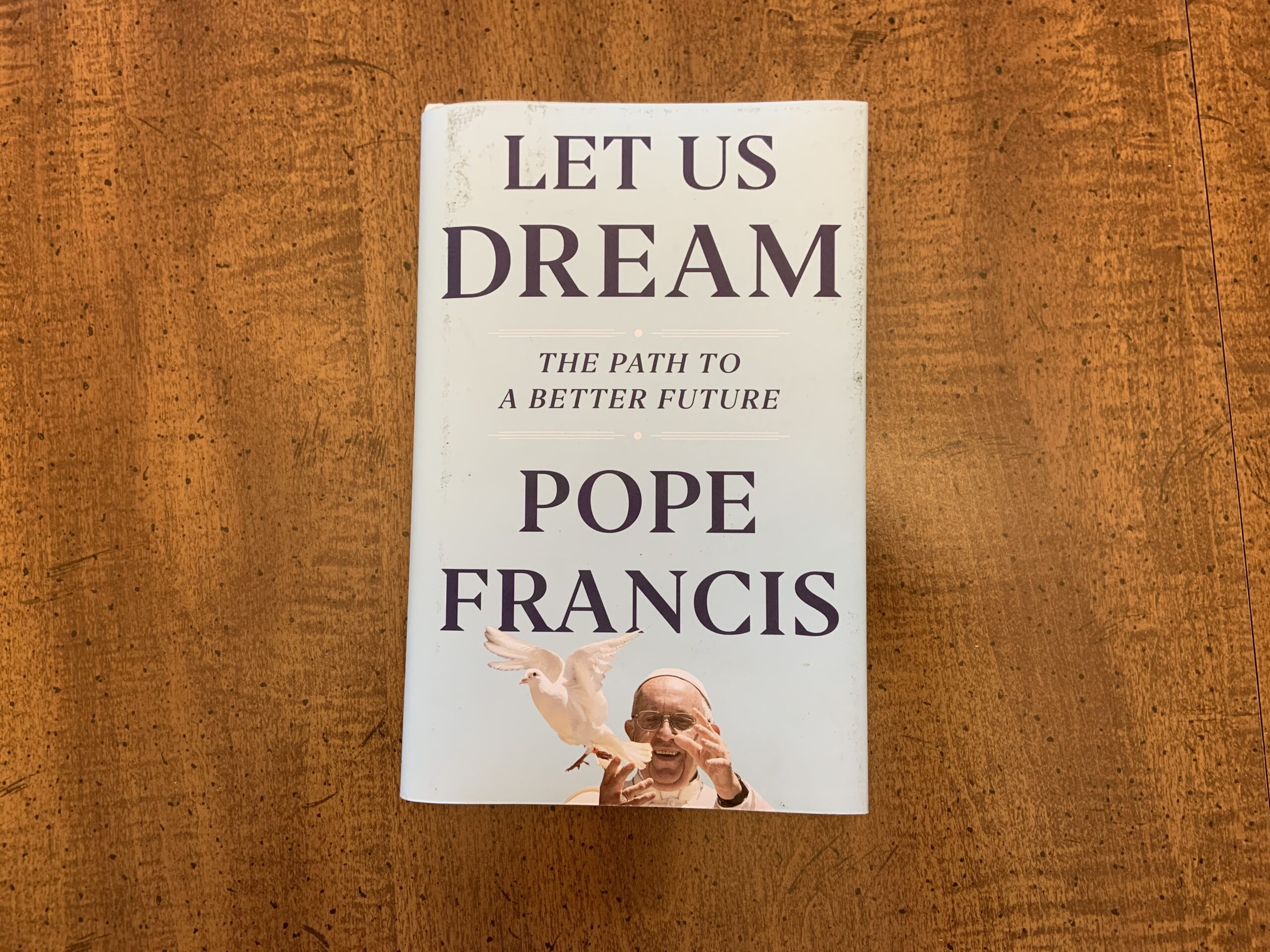Homily/Homilía for XXVII Sunday
Reflections for XXVII Sunday
“Let me now sing of my friend,
my friend’s song concerning his vineyard.
My friend had a vineyard” (Is 5:1)
The first reading from Isaiah begins with the story of his friend. The friend’s vineyard was planted with great care. He cleared the land of stones, planted the best of grapes and cultivated his vines, but when it came time to harvest the grapes, he had “wild grapes”. Then Isaiah reveals that his friend is God. The parable of Isaiah came at a time when the nation of Israel lost its appreciation of its history and its foundation for unity based on faith. The nation blessed as the chosen people lost faith and, in the story, God gave up on his people.
In the gospel, we see a link to the first reading as it places the people’s rejection of Jesus in the parable of a vineyard. The bad end of those tenants who rejected the son gives bad news to those who thought they knew the law and lived by it. Yet, they looked for ways to kill the son.
The darkness of both the first reading and the gospel do little to console us as our world convulses with injustice and a pandemic. After meditating on those two readings, I thought, “I need some good news.” That is what St. Paul gives as he reassures us saying, “Have no anxiety at all, but in everything, by prayer and petition, with thanksgiving, make your requests known to God. Then the peace of God that surpasses all understanding will guard your hearts and minds in Christ Jesus.”
With all the bad news that we hear each day, we need a blessing to hang on to. We need to look to St. Paul for encouragement in these times. He assures us that we have the means to address the problems of our time. “Keep on doing what you have learned and received and heard and seen in me.” The call is to remember the good that we have been taught. “Love one another as I have loved you.” If we live in faith, “Then the God of peace will be with you.“
(Tomorrow: You only have the time that God gives you)
Reflexiones por el Domingo XXVII
“Voy a cantar, en nombre de mi amado,
una canción a su viña.
Mi amado tenía una viña” (Is 5:1)
La primera lectura de Isaías comienza con la historia de su amigo. El viñedo del amigo se plantó con mucho cuidado. Limpió la tierra de piedras, plantó las mejores uvas y cultivó sus viñas, pero cuando llegó el momento de cosechar las uvas, tenía “uvas agrias”. Entonces Isaías revela que su amigo es Dios. La parábola de Isaías llegó en un momento en que la nación de Israel perdió el aprecio por su historia y el fundamento de la unidad basada en la fe. La nación fue bendecida cuando el pueblo elegido perdió la fe y, en la historia, Dios se rindió con su pueblo.
En el evangelio, vemos un enlace a la primera lectura, ya que ubica el rechazo de Jesús por parte de la gente en la parábola de una viña. El mal final de esos viñadores que rechazaron al hijo da malas noticias a quienes pensaban que conocían la ley y la vivían. Sin embargo, buscaron oportunidad de matar al hijo.
La oscuridad tanto de la primera lectura como y el evangelio hacen poco para consolarnos mientras nuestro mundo convulsiona con la injusticia y una pandemia. Después de meditar en esas dos lecturas, pensé: “Necesito buenas noticias”. Eso es lo que nos da San Pablo cuando nos tranquiliza diciendo: “No se inquieten por nada; más bien presenten en toda ocasión sus peticiones a Dios en la oración y la súplica, llenos de gratitud. Y que la paz de Dios, que sobrepasa toda inteligencia, custodie sus corazones y sus pensamientos en Cristo Jesús.
Con todas las malas noticias que escuchamos todos los días, necesitamos una bendición a la que aferrarnos. Necesitamos mirar a San Pablo en busca de aliento en estos tiempos. Nos asegura que tenemos los medios para abordar los problemas de nuestro tiempo. “Pongan por obra cuanto han aprendido y recibido de mí, todo lo que yo he dicho y me han visto hacer; y el Dios de la paz estará con ustedes. El llamado es recordar el bien que nos han enseñado. “Ame los unos a los otros como yo los he amado”. Si vivimos en la fe, “el Dios de la paz estará con ustedes”.
(Mañana: solo tienes el tiempo que Dios te da)




